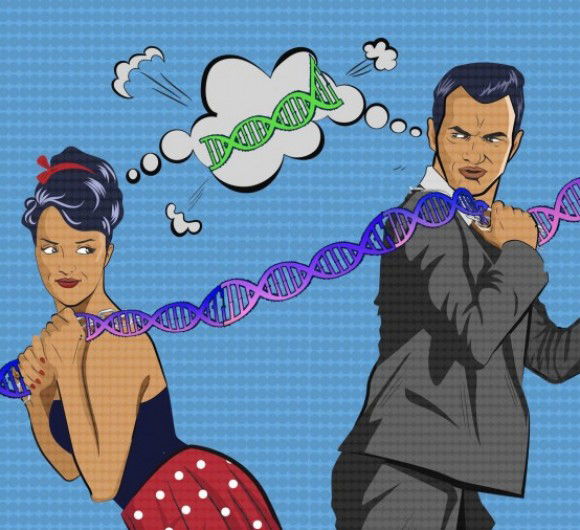Health
6,500 genes expressed differently in men and women: Study

New York, May 5: Researchers at Weizmann Institute of Science in Israel have identified around 6,500 genes that are expressed -- copied out to make proteins -- differently in men and women.
The detailed map of these genes, reported in the journal BMC Biology, suggests that males and females undergo a sort of separate, but interconnected evolution.
To identify the genetic differences in the two sexes, Shmuel Pietrokovski and Moran Gershoni turned to the GTEx project -- a very large study of human gene expression recorded for numerous organs and tissues in the bodies of close to 550 adult donors.
That project enabled, for the first time, the comprehensive mapping of the human sex-differential genetic architecture.
Pietrokovski and Gershoni looked closely at around 20,000 protein-coding genes, sorting them by sex and searching for differences in expression in each tissue.
They eventually identified around 6,500 genes with activity that was biased toward one sex or the other in at least one tissue.
For example, they found genes that were highly expressed in the skin of men relative to that in women's skin, and they realised that these were related to the growth of body hair.
Gene expression for muscle building was higher in men; that for fat storage was higher in women, the study said.
The researchers then looked at tendencies to accumulate mutations, to see if natural selection puts more or less pressure on genes that are specific to men or women.
That is, they looked to what extent harmful mutations are weeded out or tolerated in the population.
Indeed, the researchers found that the efficiency of selection is weaker in many such genes.
"The more a gene was specific to one sex, the less selection we saw on the gene. And one more difference: This selection was even weaker with men," Gershoni said.



































